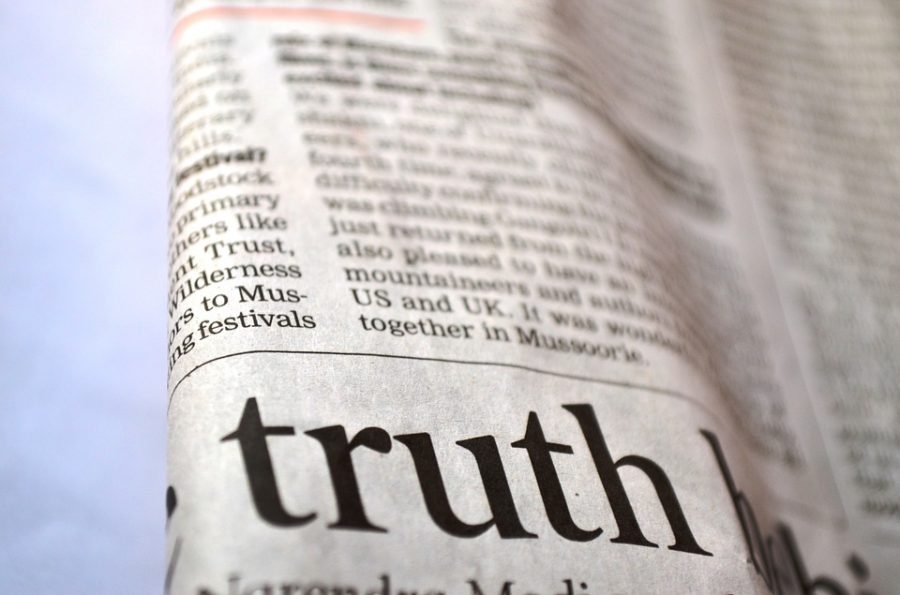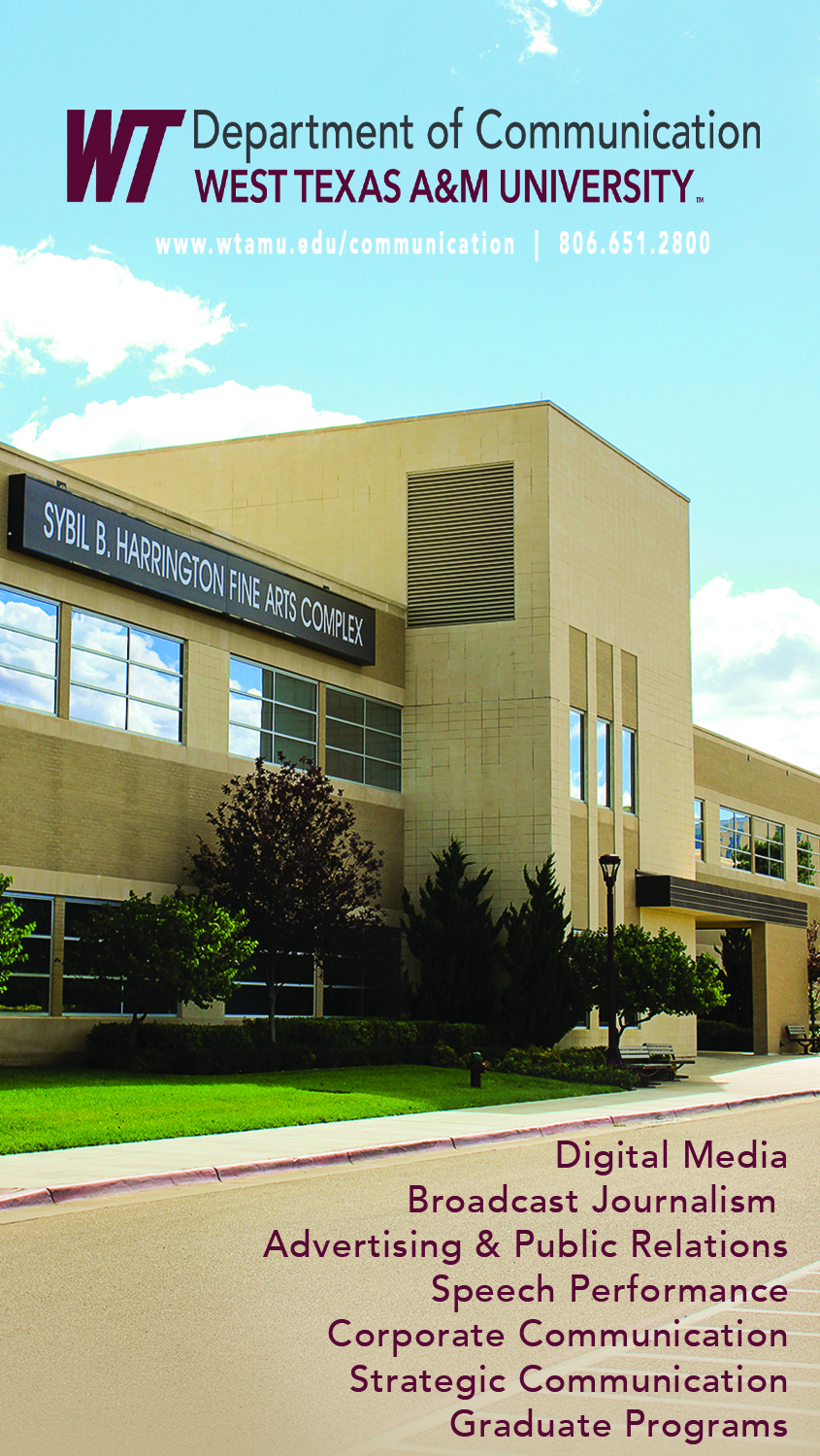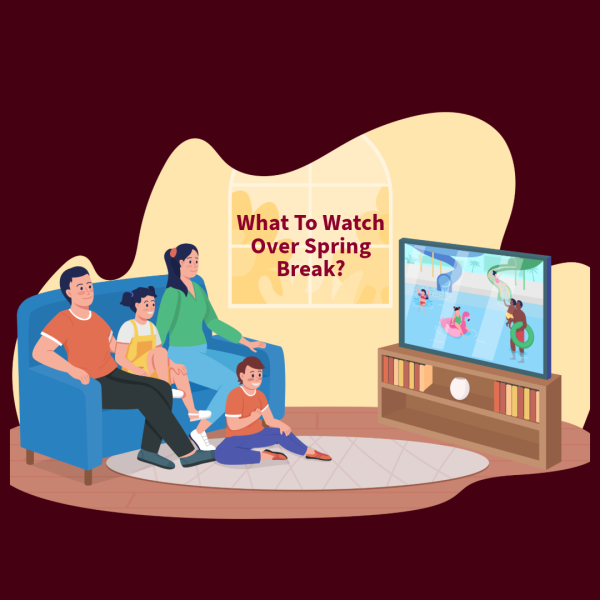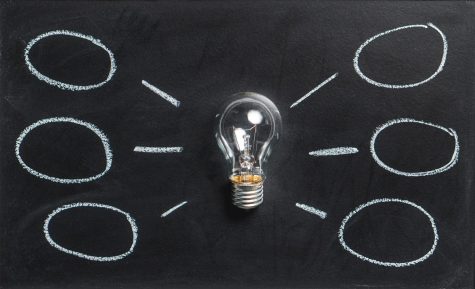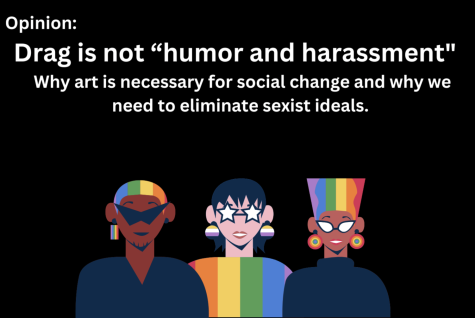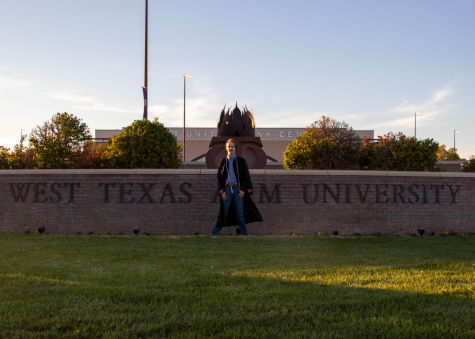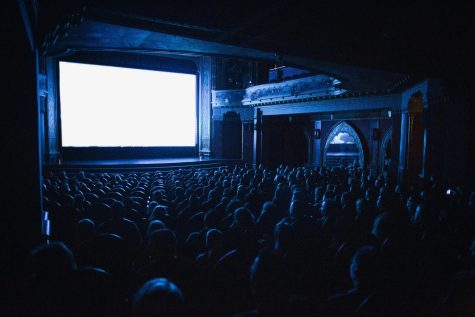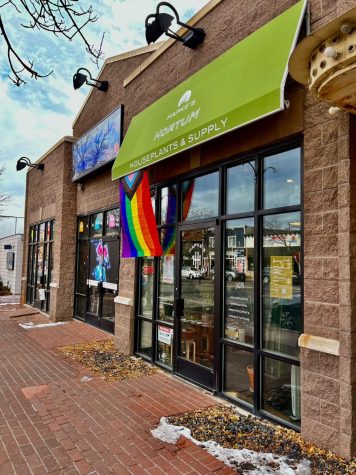Op-Ed: Decline and division in American news media
October 4, 2021
In the 1976 film “Network,” news anchor Howard Beale loses his cool on air and boosts ratings with his impassioned, honest and unscripted rant on the state of the world’s affairs. This prompts the network to give him his own show, where he stirs up rage and emotion by yelling his opinions on simplified matters and garners more ratings. The station, once existent to promote being informed and to dish facts, now survives by being what we would call reality TV today.
Beale replaces a script consisting of unbiased and factual reports with a tirade uninformed by all else but his feelings and opinions. The film is still beloved today, as it seems to have been a little more than slightly prophetic. The film ends with a live, network-orchestrated assasination that sensationalizes the loss of life and tragedy for ratings and to promote an incoming program.
Naturally, there is nothing wrong with opinions being voiced, and there are warnings given before most news channels show us graphic videos of tragedies for ratings boosts. But it’s important to know that, “Network” was a dark comedy that was lauded as unrealistic in the 70s and that the state of most major news channels are comparable to reality game shows like “Big Brother.”
Entire channels where we can watch the same people sit for 24 hours talking about the same six stories with increasing hysteria as they assure us that, the seventh story is in the process of being fine-tuned for our enjoyment. If we fail to stay interested, their livelihood is threatened, so the stories are pushed harder, our biases are prodded, our emotions tickled. The fact that we all know it doesn’t seem to dissuade the predominant sensationalism in our news media.
According to the Visual Capitalist, nearly half of Americans (49%) in 2020 claim to have “very little or no trust in television news, compared to just 27% in 1994.” Today, only 18% of Americans claim to have a “great deal” of trust in their news media. This is, in part, due to the apparent sensationalism and biases we all inherently know to expect in major broadcasts. News is now probably fake, so in turn, people go to the Howard Beales of our time.
Despairingly, “Tucker Carlson Tonight,” a show transparently just a xenophobic rich man using scare-tactics to further partisan, racial and class devides is the most watched cable news show, making history this year by being the most watched cable news show in the nation’s history, according to Nielson Media Research. Carlson himself is openly right-wing, openly emotional, and openly biased in his opinions, but those three things sell. Because of this, it seems, most Americans turn to non-U.S.A.-affiliated networks for their opinions, with the BBC being the most trusted news channel in the country, according to The Reuters Institute for the Study of Journalism.
This is all clearly awful and truly contributes enormously to the political divide in our country. The Pew Research Center notes that, “nearly eight-in-ten Democrats and Democratic-leaning independents (78%) say, they have “a lot” or “some” trust in the information that comes from national news organizations,” a stark contrast (43 percentage points) to the 35% of Republicans who do. This clear partisanship promoted by the media does nothing to promote a civil and passionate search for truth and facts. Alienating those who think differently does little to nothing to halt misinformation. In a time when it’s vital that COVID-19 be stopped by way of vaccination, the electoral process be seen as legitimate to preserve the sliver of democracy we have left, and laws be transparent to serve the masses for which they are created, news should be dull, honest and true. Be wary of the exciting, emotional and ultimately false.



